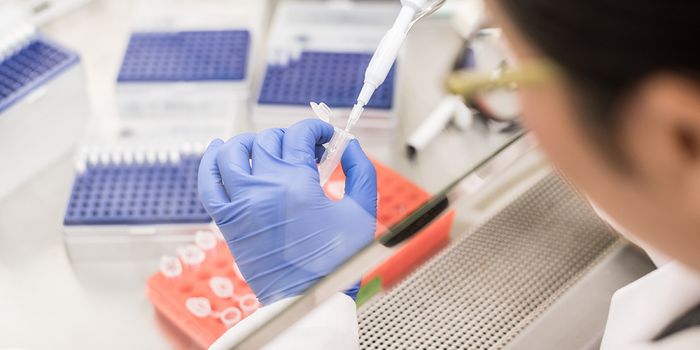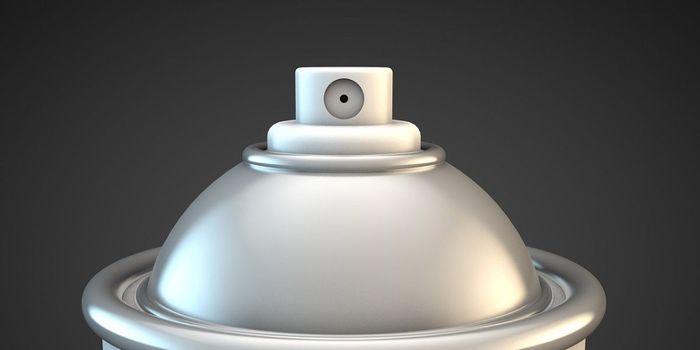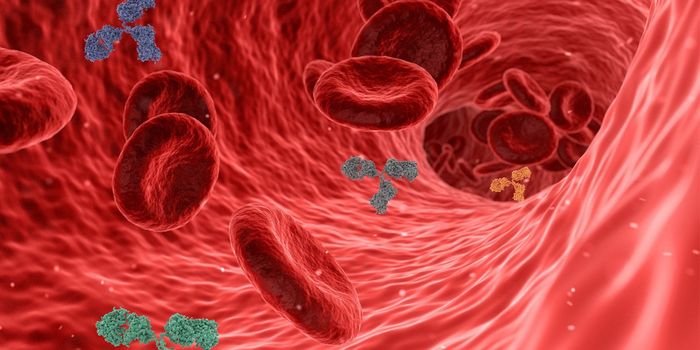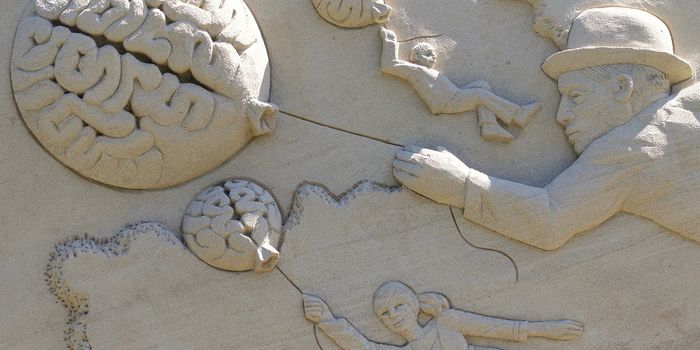Treating Connective Tissue Disorders
Collaborative research efforts are geared to improving disease that affects connective tissues via innovative drug delivery systems. Researchers at the University of Delaware (UD) have devised tiny cargo-carrying systems much smaller than human hair that help provide structure for cells and tissues.
"We are interested in learning how to release drugs that can help not just with pain management, but also with slowing down disease progression," says UD’s Professor Kristi Kiick, Blue and Gold Distinguished Professor of Materials Science and Engineering. "It has been key that we have been able to collaborate with the Price laboratory in this type of work."
Researchers are hopeful to use these nanoparticles to bind to collagen in the body and prevent it from being degraded. Degradation of collagen is a key characteristic to a lot of connective tissue diseases. Collagen is especially critical for connective tissue development and helps with plumping and providing structure.
Learn more about connective tissue:
"We are hopeful that by controlling the nanoparticle composition and structure," said Kiick, "we will be able to finely control, or tune, the drug delivery behavior to provide longer-lasting relief for people with inflammatory conditions, such as osteoarthritis."
Source: Science Daily








